Many people go through stress on a daily basis. Worries of everyday life can often lead to high levels of anxiety and stress. Are you wondering how to reduce stress and anxiety? Here are some tips for reducing anxiety and stress
With the ongoing pandemic, are you feeling more stressed out and anxious than usual? Well, then there are certain things you can do for reducing anxiety!
“Even in the midst of life’s many storms, we have the capacity to stand in the center of our own peace.” – Unknown
If you’ve been experiencing increased anxiety recently, you certainly aren’t alone. Most of us stick to schedules; we like to have our lives planned out, day by day.
Many of us need to have some idea of what the future holds for us. But currently, we’re all living in extreme uncertainty as we face a global health crisis, a financial crisis, and an anxious environment—all while social-distancing at home.
Some of us are totally alone, some with anxious or abusive partners and others with children. Many of us are struggling in ways we’ve never had to before.
Whether or not you were prone to anxiety before this pandemic came roaring through your life, you might be feeling a heightened sense of worry or panic these days. You might be wondering how you’re going to keep it together while you navigate these uncertain times.
How are you supposed to handle all of this when you can barely breathe? When your muscles are so tight? When your new baseline is a mix of agitation and anger? When you cycle through bursts of laziness and energy?
When every part of you wants to scream, “I have to get out!”? When all you can seem to do is daydream about better times? When all you seem to yearn for is your former life?
As we all live through what seems like a nightmare, how can we find ways to feel less stressed and anxious?
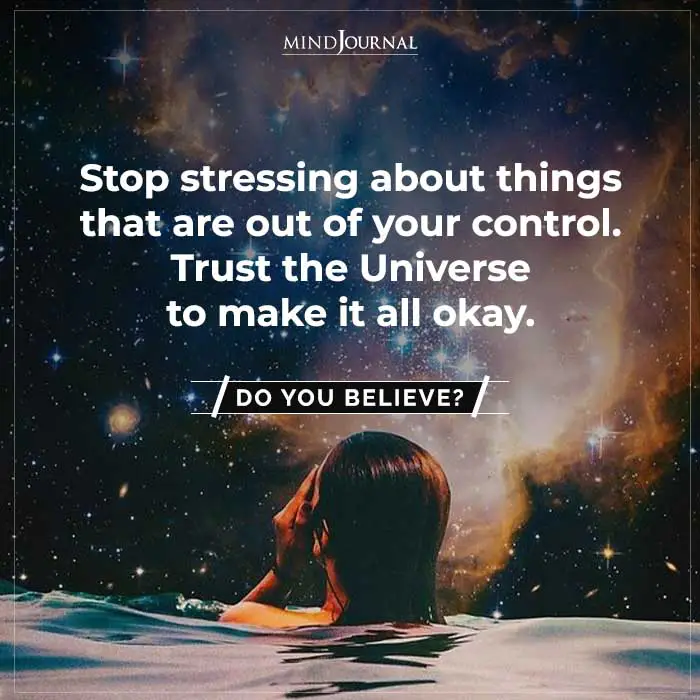
One optimistic way of looking at the situation we’re currently in is to see it as an opportunity to start working on our response to anxiety’s presence in our lives. Essentially, we can use this time to work on our relationships and ourselves, build new coping skills and come out of this better than before.
We all have anxiety—and for a very good reason. In fact, if we weren’t anxious by nature, we wouldn’t be here right now. In every living thing, anxiety is part of the survival instinct, the built-in response to perceived threats. This is what makes us drive carefully in a rainstorm and avoid walking too close to the edge of a cliff.
It’s our inner alarm system. It helps keep us alive. All living things have it. Even animals, running for their lives from the predators chasing them down, display anxiety. That’s what gets them moving.
When seen in this way, anxiety isn’t pathological or dysfunctional; it’s a natural and appropriate response to a perceived threat.
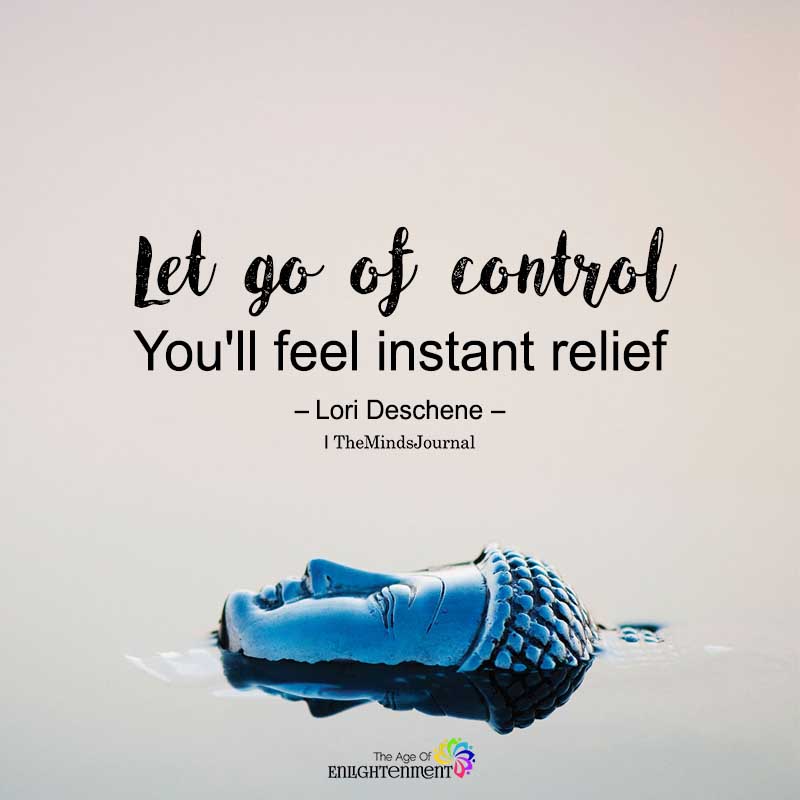
It’s a fact that anxiety has important adaptive functions for us. However, like most things in life, too much or too little of it reduces our ability to function and hinders how well we adapt to new situations.
Although anxiety plays an important role in our survival, there’s more to learn and know about it, especially when it starts to create problems in our lives and relationships.
Read Coronavirus Anxiety: 5 Things You Can Do To Beat It
When it comes to anxiety and its effects, it’s important to remember that the more we try to avoid it or relieve ourselves of it, the more intense it becomes.
I know that doesn’t seem too logical. After all, we’ve been taught to think that when we face a problem, we should try to fix it. However, anxiety is different from most other issues we face.
Our brains interpret avoidance as confirmation of danger, so the more energy we use to push the anxiety away, the more our alert system gets activated, and the more powerfully our anxiety rears its ugly head.
The best way to manage ourselves during a pandemic isn’t to try and avoid our feelings; it’s to try and transform our relationship with anxiety. Anxiety is totally uncomfortable, and it’s hard to accept or embrace it. But if we can see it as a signal from our bodies and brains that’s alerting us to a threat, maybe we can tolerate it a little better.
I know we’re all dealing with a lot right now, and the last thing we want to do is work on new ways to deal with our anxious feelings and symptoms. But if not now, when?
8 Simple Ways To Reduce Stress And Anxiety
1. Pay attention.
As easy as it may sound, it’s difficult to slow down and notice our surroundings, especially when we have a lot on our minds. Make a conscious effort to experience the world around you with all 5 senses—touch, hear, see, smell, and taste your surroundings. For example, when you eat a favorite food, take the time to smell, taste, and truly enjoy it.
Read 4 Strategies That Will Make Coping With Coronavirus Stress Easier
2. Live in the moment.
Be open, accepting, and intentional about everything you do at the moment.
3. Accept yourself.
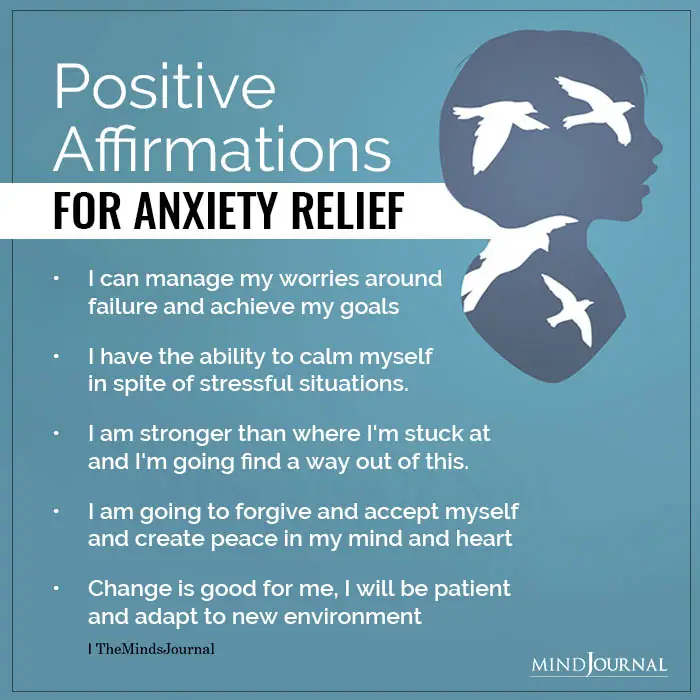
We often don’t treat ourselves with the compassion we easily give to others. Practice treating yourself the same way you would a close friend, a child, or a loving pet.
4. Focus on your breathing.
When you have negative thoughts, try to sit down, close your eyes, and take a deep breath. Focus on your breath as it moves in and out of your body.
5. Body scan meditation.
Lie on your back with your legs extended and arms at your sides, palms facing up. Focus your attention slowly and deliberately on each part of your body, in order, from toe to head or head to toe. Be aware of any sensations, emotions, or thoughts associated with each part of your body.
6. Sitting meditation.
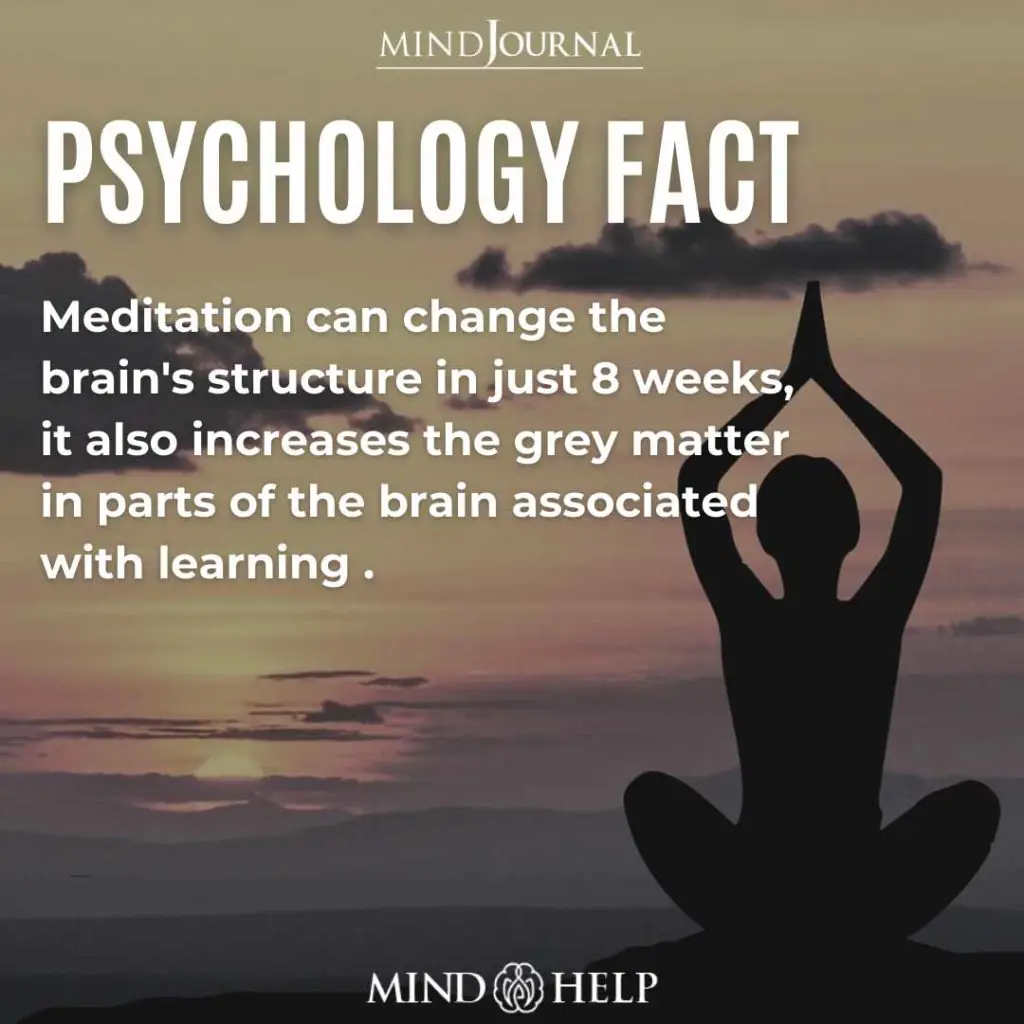
Sit comfortably with your back straight, feet flat on the floor, and hands in your lap. Breathing through your nose, focus on your breath moving in and out of your body. If physical sensations or thoughts interrupt your meditation, note the experience and then return your focus to your breath.
7. Walking meditation.
Find a quiet place, and begin to walk slowly. Focus on the experience of walking, being aware of the sensations of standing and the subtle movements that keep your balance. When you reach the end of your path, turn and continue walking, maintaining awareness of your sensations.
Related: 10 Creative Mindfulness Exercises For Kids
8. Find a way to feel safe.
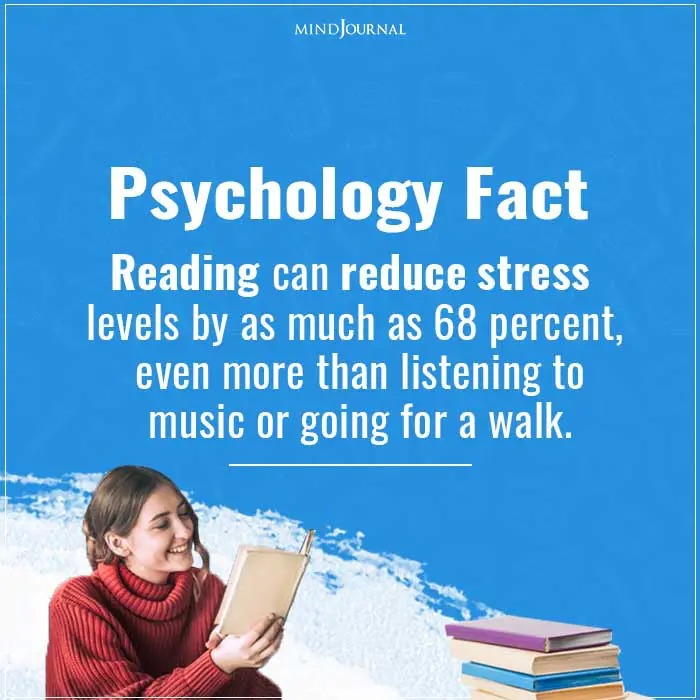
When we’re particularly anxious or in the midst of a panic attack, it’s also important to find ways to feel safe. I understand that we don’t feel so safe right now and that there are potential threats to our environment.
However, we can still find a way to live in the world with confidence in ourselves. It’s our perceptions and mindset that ultimately make the difference between feeling safe and unsafe. Realizing that you are your own safety net can help you feel at home wherever you go. If anything does happen, you know you can handle it.
It’s finding a way to observe and accept your anxiety that will allow you to start making some real, meaningful, and lasting changes in your response to it. I encourage you to use some of the techniques I’ve shared to quiet your mind and dig deeper into finding your own sense of calm. When you begin to lean into your anxiety, you can observe and address it in a way that reduces it.
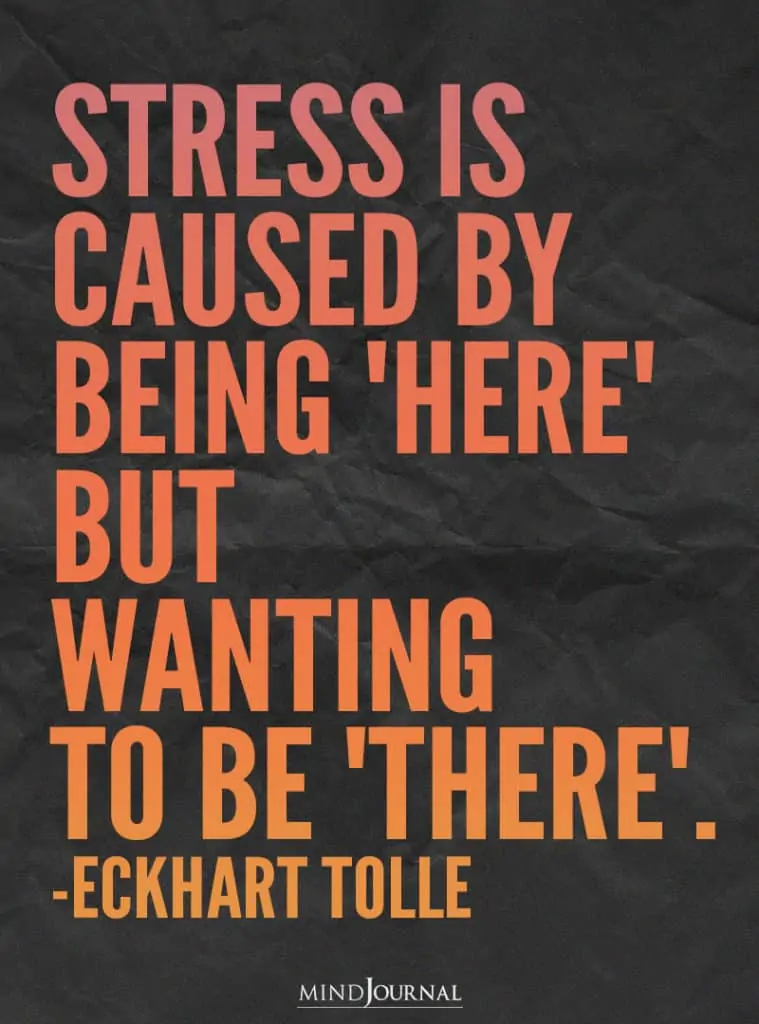
Learn more about Dr. Ilene’s best-selling self-help books here, https://www.amazon.com/Ilene-Cohen/e/B0764L1MRC
Feeling anxious during a pandemic is natural but reducing anxiety is important for you to function. If you are feeling overly stressed and are looking for tips for stress and anxiety, then try out the techniques mentioned above. It may take a little bit of time, but these will definitely help in reducing anxiety.
If you want to know more about how to deal with stress and anxiety during this pandemic, then check this video out below:
Written By Ilene S. Cohen Originally Appeared In Doctor Ilene
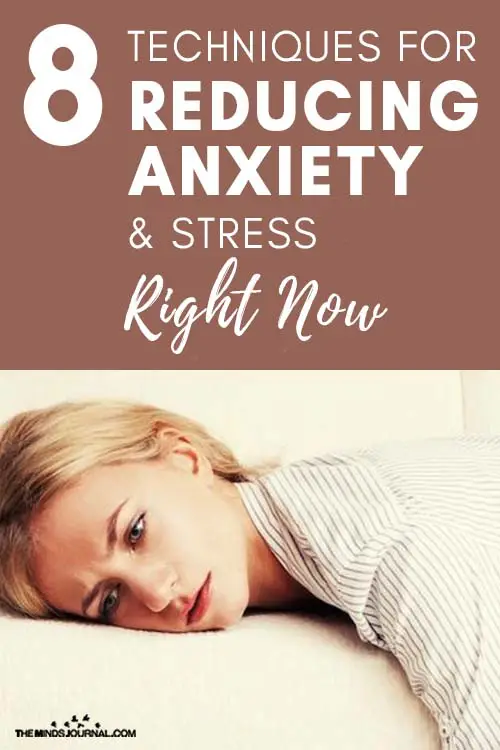
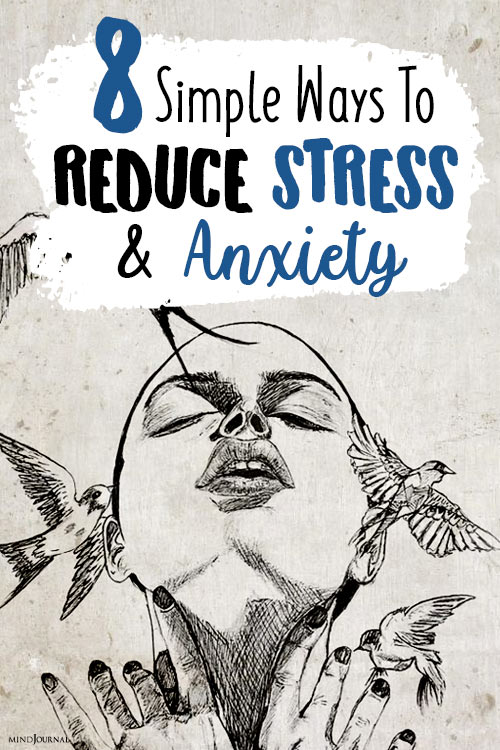
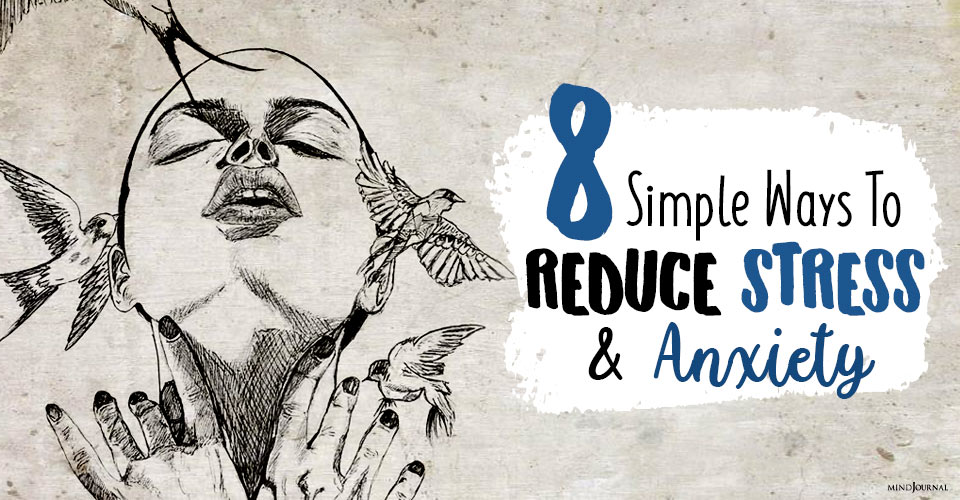
Leave a Reply
You must be logged in to post a comment.